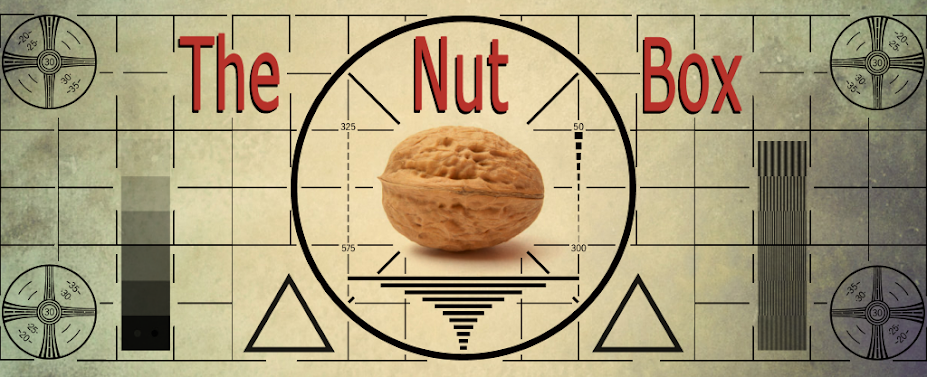It begins 12 years after the events of the previous miniseries. The political situation is ongoing, and although changed is no less problematic. The religious beliefs that surround Muad'Dib are beginning to take its toll on the reluctant Messianic figure. The "abomination" has grown up and behaves like a Bene Gesserit bitch should, with problems of her own that have little to do with affairs of state. History is written on the sands of Arrakis, but one thing is ever present, "…that every revolution carries within it the seeds of its own destruction."
Things that work: the pacing is good most of the time; Leto II is likeable, and his decision making seems organic and considered; the score, this time by Brian Tyler, is even better than the last one; the relationship between the twins is believable; and the worm design is one of the best I've seen.
Things that don't work: again, the lack of a voice-over narration is a huge handicap for the story; the painted canvas backdrops of the previous series have been replaced with bad CGI; the love triangle is underplayed; Alice Krige and Susan Sarandon add star power but they're useless, saying all the right words but with little of the gravitas or understanding needed behind them; the Tleilaxu aren't as mysterious as they should've been; and that damned dwarf!
Don't expect to make sense of everything unless you've seen the first series. Fans of the book will get the most from it, plus they will know the magnificence that follows after the credits roll.
3 episodes, approx 82 minutes each.









